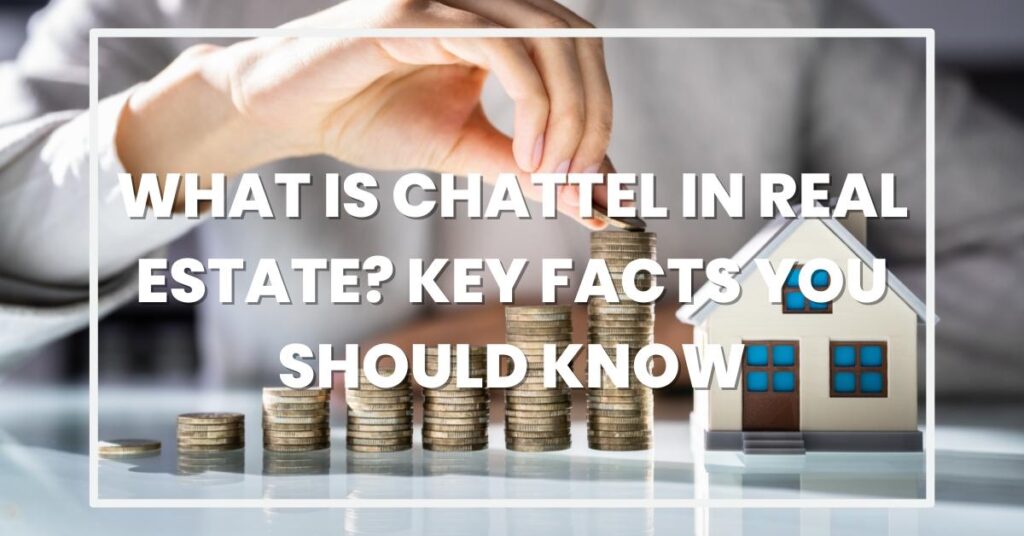Have you ever heard of the term puffing in real estate but weren’t quite sure what is puffing in real estate? Puffing is a common practice in the real estate industry that involves exaggerated statements or opinions about a property to make it more appealing to potential buyers. This can include phrases like the best deal in town or great investment opportunity, which may not necessarily reflect the true value of the property.
While puffing is not illegal, it is important for buyers to be aware of this tactic and do their own research before making a decision. By understanding what puffing is and how to spot it, you can ensure that you are making informed choices when buying or selling real estate.
Puffing in real estate refers to the exaggerated or embellished statements made by a seller or their agent about a property in order to make it seem more attractive. This can include excessive praise for certain features, such as claiming a small backyard is ‘spacious’ or calling a fixer-upper ‘fully renovated.’ While some degree of puffing is expected in marketing properties, it’s important for buyers to be aware of potential exaggerations and do their own research before making a decision. It’s always recommended to inspect properties thoroughly and ask specific questions to get an accurate understanding of what you’re investing in.
Table of Contents
Understanding Puffing in Real Estate
In the world of real estate, honesty and transparency are crucial. However, there’s a practice that sometimes blurs the line between marketing and misrepresentation: puffing. This blog post will explore what puffing is, its implications, and how to navigate this tricky aspect of property transactions.
What is Puffing in Real Estate?
Puffing refers to the use of exaggerated or overly optimistic statements to promote a property. It’s a form of salesmanship that aims to present a property in the best possible light, often stretching the truth without crossing into outright deception. While it’s a common practice, understanding its nuances is essential for both buyers and sellers.
The Fine Line Between Puffing and Misrepresentation
There’s a delicate balance between puffing and misrepresentation. Puffing typically involves subjective claims that can’t be proven false, while misrepresentation involves stating false facts. For example, describing a house as charming is puffing, but claiming it has four bedrooms when it only has three is misrepresentation.
Common Examples of Puffing in Real Estate
Puffing can take many forms in property listings and advertisements. Some common examples include describing a small apartment as cozy, calling a fixer-upper a great opportunity, or labeling an ordinary neighborhood as up-and-coming.
The Legal Perspective on Puffing
From a legal standpoint, puffing is generally considered acceptable. Courts often view it as a form of opinion rather than a statement of fact. However, this doesn’t mean that all forms of puffing are without consequences. If a statement crosses the line into misrepresentation, it can lead to legal issues.
The Ethics of Puffing in Real Estate
While puffing may be legal, its ethical implications are debatable. Some argue that it’s a harmless part of marketing, while others believe it misleads potential buyers. Real estate professionals must navigate this ethical gray area carefully to maintain their reputation and integrity.
How Puffing Affects Buyers
For buyers, puffing can create unrealistic expectations. It’s important to look beyond flowery descriptions and focus on concrete facts about a property. Being aware of common puffing techniques can help buyers make more informed decisions.
The Impact of Puffing on Sellers
Sellers might be tempted to engage in puffing to make their property more attractive. However, this can backfire if buyers feel misled upon viewing the property. Honesty often leads to smoother transactions and better long-term outcomes.
Puffing vs. Disclosure: What Sellers Need to Know
While puffing involves highlighting a property’s positive aspects, disclosure laws require sellers to reveal known defects. Understanding the difference is crucial for sellers to avoid legal troubles and maintain ethical standards.
The Role of Real Estate Agents in Puffing
Real estate agents often walk a fine line between promoting their clients’ properties and avoiding misrepresentation. Professional ethics codes typically guide agents on acceptable practices and where to draw the line with puffing.
How Technology is Changing Puffing Practices
With the rise of online listings and virtual tours, puffing has taken on new forms. Digital enhancement of photos and carefully worded descriptions can create impressions that may not match reality. Buyers need to be savvy in interpreting online listings.
Protecting Yourself from Excessive Puffing
For buyers, the best defense against puffing is due diligence. This includes thorough property inspections, asking detailed questions, and seeking professional advice when needed. Being skeptical of overly glowing descriptions can help in making rational decisions.
The Future of Puffing in Real Estate
As consumers become more informed and regulations evolve, the nature of puffing in real estate may change. There’s a growing trend towards transparency and authenticity in property marketing, which could reshape how properties are presented.
Balancing Promotion and Honesty in Property Listings
For those involved in selling properties, finding the right balance between attractive marketing and honest representation is key. Highlighting genuine positive aspects while being truthful about limitations can build trust and lead to successful sales.
Conclusion
Understanding puffing in real estate is essential for anyone involved in property transactions. While it’s a common practice, being aware of its forms and implications can help buyers make informed decisions and sellers maintain ethical standards. As the real estate market continues to evolve, so too will the ways in which properties are marketed and described. Staying informed and approaching property listings with a critical eye will always be valuable skills in navigating the complex world of real estate.
In the end, whether you’re buying or selling, remember that honesty and transparency are the foundations of successful real estate transactions. While a bit of puffing might be part of the game, it should never come at the expense of truthful representation. By understanding puffing and its implications, you’ll be better equipped to make sound decisions in your real estate journey.
It is important for both buyers and sellers to be aware of the concept of puffing so that they can navigate the real estate market with caution. Sellers should strive to provide accurate information about their property without resorting to deceptive tactics, while buyers should approach listings with a critical eye and do their own research before making any decisions.
By understanding what puffing is and how it can impact the real estate market, individuals can make more informed choices when buying or selling properties. Transparency and honesty are key principles that should guide all interactions in the real estate industry, ensuring fair dealings for all parties involved.
FAQs
What is puffing in real estate?
Puffing refers to the exaggeration of a property’s features or potential in order to make it more appealing to potential buyers.
Is puffing illegal in real estate?
While puffing itself is not illegal, it can become problematic if the information provided by the seller is deemed as false representation leading to legal issues.
How can I identify puffing when looking at properties?
Keep a critical eye on listings that emphasize vague or subjective descriptions, exaggerated claims about the property’s value, and promises of future profits without solid evidence.
Are there any consequences for agents engaging in puffery?
Real estate agents who engage in unethical practices like puffing may face disciplinary action from licensing boards, lawsuits from disgruntled clients, and damage to their professional reputation.
How can I protect myself from falling victim to puffing tactics?
It’s important for buyers to conduct thorough research on properties they’re interested in, ask specific questions regarding any claims made by sellers or agents, and seek advice from trusted professionals before making any decisions related to purchasing real estate.




